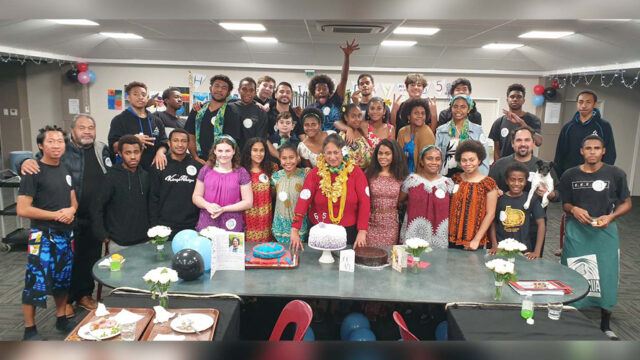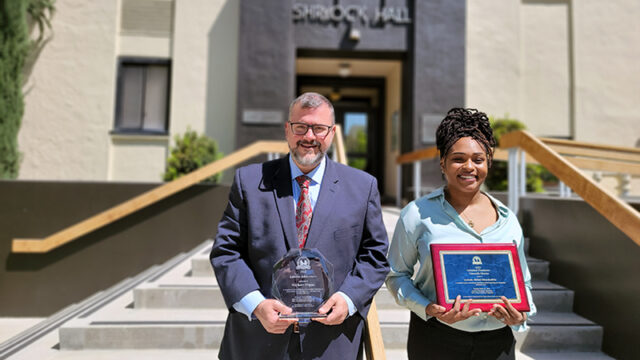Asia Adventist researchers gather in the Philippines to learn ways of connecting the two.

A new chapter in the history of Adventist mission in Asia started July 8-9 at the Adventist University of the Philippines (AUP). For the first time in the history of the Adventist Church in that region, academics launched a human-subject research conference that focused solely on mission.
With the theme “I Will Go: Making the World a Better Place through Research,” the organizers of the research conference were intentional in making Adventist mission the central focus of the event. This emphasis on mission was meant to ensure that all the research studies were mission-oriented, to help the church understand and address current and pressing needs in society.
For many in local churches, conferences, and even unions, research may not seem like the most exciting topic to discuss. In fact, once the word “research” is mentioned, many people tend to tune out of the conversation. However, research is not and should never be a dreadful concept. Research involves taking well organized steps to understand the root causes of specific problems and to address them in a well informed manner. In a practical way, research helps us understand what we are doing right and what we are not doing well, so that we can continue improving our mission. This doesn’t sound all that scary, does it?
With the issues in the world becoming more and more complex, we can no longer do mission based on the opinions of a few individuals alone. Praying for God’s guidance and using data from the communities we serve or plan to serve are critical approaches to the success of our mission.
Creating a Platform for Safe Conversation
It is with this understanding that the Adventist Human-Subject Research Association-Asia (AHSRA-Asia) organized the first conference on the campus of the largest Adventist university in the Philippines. According to AHSRA-Asia president Arceli Rosario, who is also AUP president, this organization and the yearly conferences are meant to “create a platform where we can have safe conversations about relevant issues that we, as members of the Adventist Church, face.” According to her, this is essential in providing “a space where we can connect … [and] support each other and the church.” Adventist research is about supporting Adventist mission.
To ensure there is a strong collaboration between Adventist researchers and the Adventist Church, the leadership of ASHRA-Asia is made up of three university and college leaders as well as two church leaders from Southern Asia-Pacific Division (SSD). This collaboration led to the participation of SSD delegates, several Adventist unions and conferences, and students, faculty, staff, and leaders from various Adventist higher education institutions. Most delegates were from the Philippines, but a few other countries were represented as well.
A Great Variety of Presentations
More than 60 delegates gathered physically at the conference, while dozens joined virtually. The conference consisted of 32 presentations and one keynote speech that discussed various aspects of Adventist mission, including Adventist church services, administration, leadership, business, education, health, communication, and culture, among many others. There was a special emphasis on mental health that raised the awareness of all the delegates. A few presentations were on data from the recent General Conference Global Membership Survey, with a special stress on what church members believe today.
These various presentations together helped the delegates appreciate more the role research is playing in the Adventist mission worldwide. Many delegates expressed their joy at seeing the General Conference incorporating the voices of the church members worldwide in strategic planning. In his welcome address to the delegates, David Trim, director of the General Conference Office of Archives, Statistics and Research, said, “Research has great power to benefit the Seventh-day Adventist Church, and the more researchers involved and the more research done on the church, the better it will be for this great Advent movement.” This became clear to all the conference delegates.
Additionally, the AHSRA-Asia advisor Bienvenido Mergal, currently the SSD education director, emphasized in his keynote address to the delegates that “the launching of this conference is in support of the church global mission of exploring the best methods, strategies, practices, and means on how to nurture our people, our institutions, and our students. This is further an avenue where we can share the truth to the community and to the outermost part of the world.”











